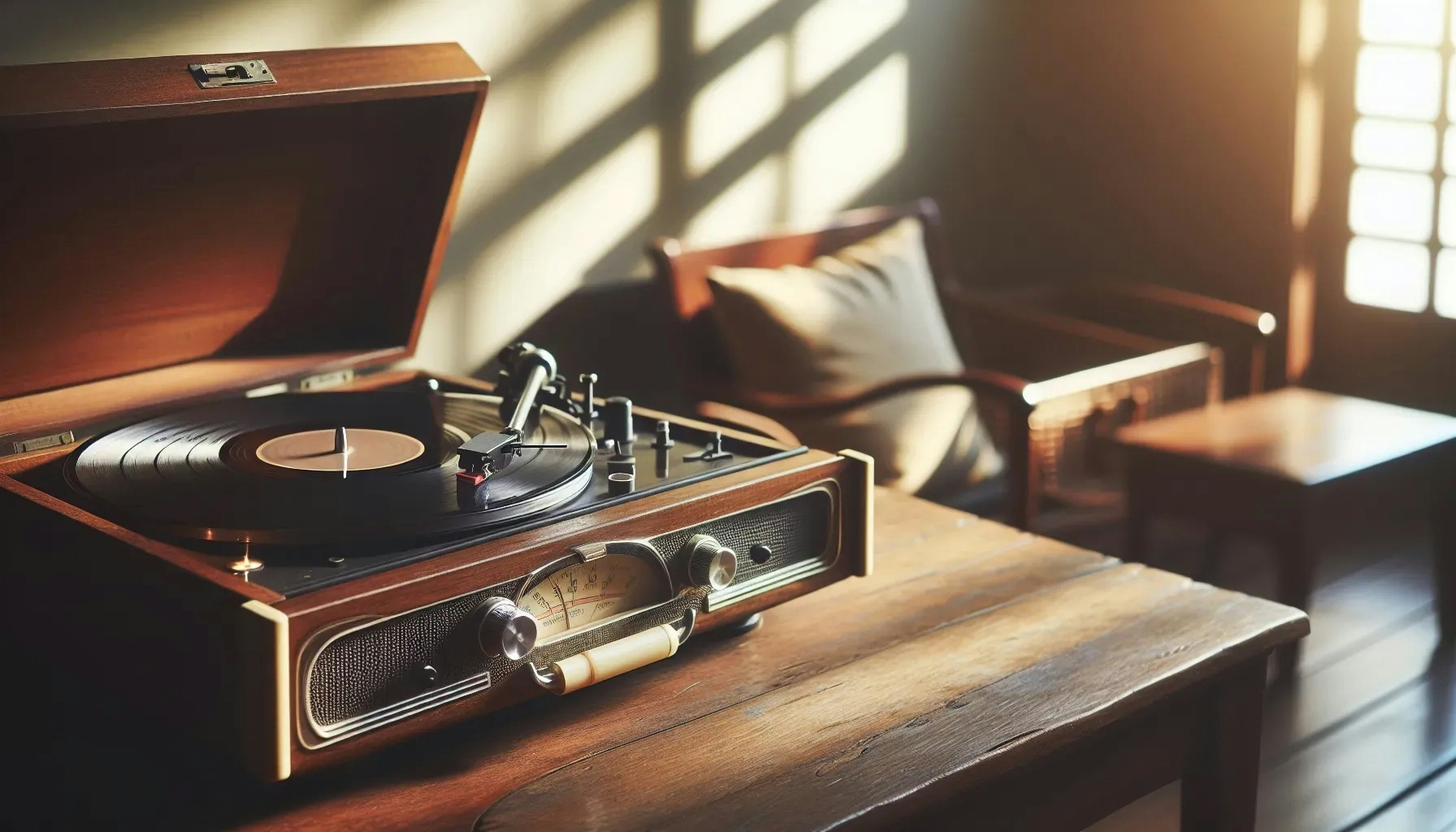In the dynamic world of music, copyright and legal issues often take center stage. This blog post aims to shed light on these complex topics, providing a comprehensive guide for musicians, producers, and music lovers alike. We'll delve into the intricacies of music copyright, its implications, and the legal issues that arise from it.
Understanding Music Copyright
Music copyright is a legal right that grants the creator of an original work exclusive rights to its use and distribution. This concept is crucial for musicians as it protects their creative output from unauthorized use.
The moment a piece of music is created and fixed in a tangible medium, such as written down or recorded, it automatically gets copyright protection. This protection extends to the melody, lyrics, and arrangement of the music. However, it does not cover the idea or concept behind the song.
In the United States, the U.S. Copyright Office oversees the registration of copyrights. While registration is not mandatory for protection, it provides a public record of the copyright claim and is necessary if you wish to file a lawsuit for copyright infringement.
Types of Music Copyright
There are two main types of music copyright: composition copyright and sound recording copyright.
Composition copyright protects the musical composition itself - the melody, lyrics, and arrangement. This type of copyright is usually owned by the songwriter or the music publisher.
Sound recording copyright, on the other hand, protects the specific recording of a song. This copyright is typically owned by the recording artist or the record label.
Understanding these two types of copyright is essential as they often come into play in different scenarios. For instance, if someone covers your song without your permission, they may be infringing on your composition copyright. If someone uses a recording of your song in a movie without your consent, they may be infringing on your sound recording copyright.
Music Licensing and Royalties
Music licensing is the process of obtaining permission from the copyright owner to use a piece of music. This is typically done through a license agreement, which specifies the terms and conditions of the use.
There are several types of music licenses, including mechanical licenses, synchronization licenses, and performance licenses. Each type of license corresponds to a different use of the music, and the fees for these licenses are often the source of royalties for the copyright owner.
Royalties are payments made to the copyright owner for the use of their music. The amount of royalties can vary greatly depending on the type of use, the popularity of the song, and the terms of the license agreement.
Legal Issues in Music Copyright
Legal issues often arise in the realm of music copyright. These can range from disputes over song ownership to allegations of copyright infringement.
Song ownership disputes often occur when multiple people contribute to the creation of a song. Without a clear agreement in place, it can be difficult to determine who owns the copyright to the song.
Copyright infringement allegations, on the other hand, occur when someone uses a copyrighted song without the permission of the copyright owner. This can result in legal action and potentially hefty fines for the infringer.
Navigating Music Copyright Infringement
Navigating music copyright infringement can be a complex process. If you believe someone has infringed on your music copyright, it's important to seek legal advice.
In a copyright infringement lawsuit, you'll need to prove that you own the copyright to the song and that the other party used your song without your permission. You'll also need to show that the other party's use of your song is substantially similar to your original work.
If you're successful in your lawsuit, you may be entitled to damages. These can include any profits the infringer made from the use of your song, as well as any losses you suffered as a result of the infringement.
Protecting Your Music: Tips and Best Practices
Protecting your music from copyright infringement is crucial. Here are some tips and best practices:
- Register your music with the U.S. Copyright Office. While registration is not required for copyright protection, it provides a public record of your copyright claim and is necessary if you wish to file a lawsuit for copyright infringement.
- Use a copyright notice. This is a simple and effective way to inform others that your music is protected by copyright.
- Keep records of your creative process. This can be helpful in proving ownership in a copyright dispute.
- Be proactive in monitoring the use of your music. If you discover unauthorized use of your music, take action promptly.
Wrapping Up: Music Copyright and Legal Issues
Music copyright and legal issues can be complex, but understanding them is crucial for anyone involved in the music industry. By understanding the basics of music copyright, the types of music licenses, and the legal issues that can arise, you can better protect your music and navigate the legal landscape. Remember, when in doubt, it's always best to seek legal advice.

